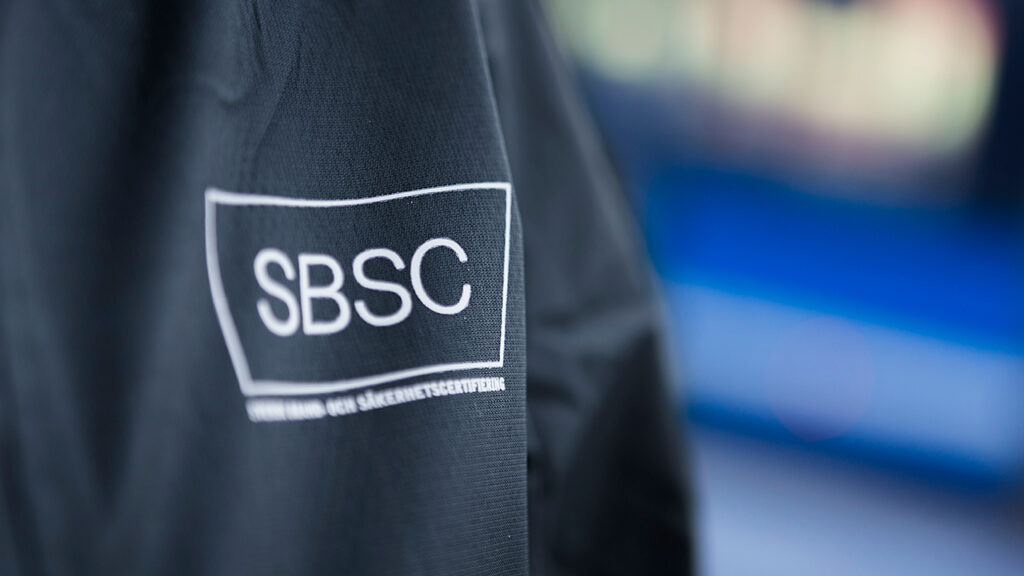Certification of a IoT product shows, among other things, that it meets security requirements such as security updates, storage of confidential data, secure configuration, authentication, protection of personal data and secure communications. The goal of SSF 1120 has been to publish a standard with relevant requirements for connected units which – through testing and certification – contributes to increase security. In addition, there is a possibility to obtain quality marking of certified products in order to facilitate the choice of IoT products for consumers and other users and standards authorities.
”Certification according to this standard shows that the product – over and above the requirements of SSF 1120 – also satisfies the European ETSI EN 303 645 standard,” says Fredrik Backman, Product Certification Manager at SBSC.
Accordingly, the certification can also be used to verify compliance with standards for this type of product throughout the European Union, which applies the requirements under ETSI EN 303 645. The standard is a result of a cooperation between the Swedish Theft Prevention Association and F-Secure together with Axis, AssaAbloy, IKEA, Dormakaba, Dina Försäkringar, Parakey, Sensative, SBSC and Verisure.
“Even if the development has really just gotten underway, we are now seeing the introduction of requirements here and there in Europe relating to safety characteristics of a IOT products and the systems they are connected to. At present, we regard Norway – with Norwegian insurance companies at the forefront – as the neighboring country which has come furthest in discussions regarding how the requirements for the security of these types of products will be implemented,” says Mårten Wallén, Managing Director at SBSC.
In Norway, however, the discussion is not mainly about products intended for the consumer market but, rather, various connected sensors used in agriculture, e.g. sensors for detecting heat, smoke, water and other types of security related functions to which the requirements of SSF 1120 also apply.
SBSC will accept test reports from laboratories within EFSG (European Fire and Security Group) testing laboratories approved for testing in accordance with the internationally recognized Common Criteria standard. More information about the certification will be published in October.


